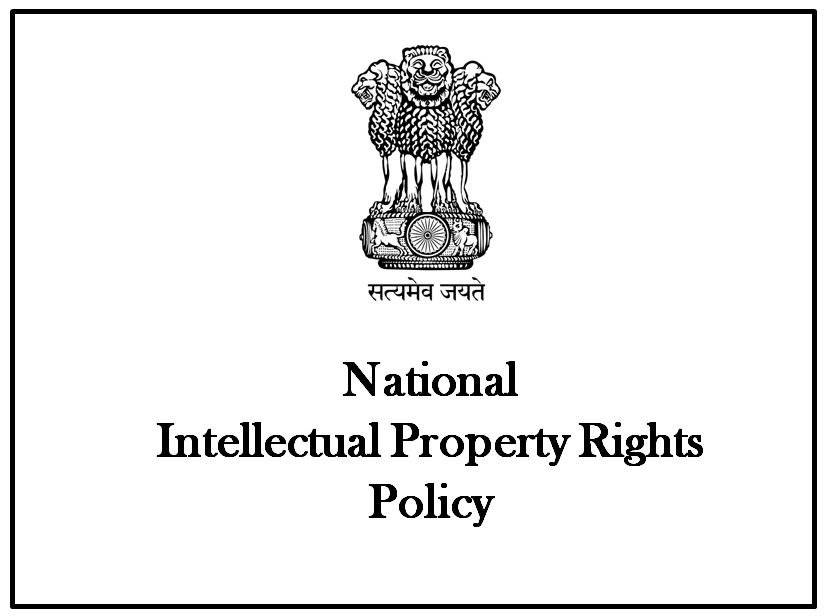On the 13th May 2016, the much anticipated National IPR Policy was released which aims to lay down a system of growth for intellectual property rights (IPRs) in India by ensuring the protection of new innovations ,research and development while establishing a stable framework in the country for the domestic and foreign investors alike.
Though the salient features of the IPR Policy have been explained in detail in our previous post, the core objectives of the Policy are highlighted below for the easy reference of the readers:
- To create public awareness about the economic, social and cultural benefits of IPRs among all sections of the society;
- To stimulate the generation of IPRs;
- To have strong and effective IPR laws, which balance the interests of right owners with larger public interest;
- To modernize and strengthen service oriented IPR administration;
- Get value for IPRs through commercialization;
- To strengthen the enforcement and adjudicatory mechanisms for combating IPR infringements; and
- To strengthen and expand human resources, institutions and capacities for teaching, training, research and skill building in IPRs.
Although the IPR Policy has made an attempt to look at almost all forms of intellectual property with various specific objectives for each form, in this post, we shall be focusing on the copyright related objectives that have been highlighted in the National IPR Policy.
Among the copyright related objectives specified in the IPR Policy, the most important objective, or rather a development, has been bringing the administration of the Copyright Act under the Department of Industrial Policy and Promotion (DIPP). Earlier overlooked by Ministry of Human Resources Development (MHRD), the shift in the control has been made with the objective of placing the DIPP as the nodal department to coordinate, guide and oversee the implementation of new IPRs in the country in a much better and effective manner. Similarly, the Semiconductor Integrated Circuits Layout-Design Act, 2000 has also been brought under the aegis of DIPP. With these developments, the responsibility of IP largely falls on a single department, which is indeed a welcome change to ensure increasing coordination and cooperation between various offices and authorities administering intellectual property in India.
With respect to the third objective, particularly relating to the building of a strong legal and legislative framework, the IPR Policy proposes to bring in amendments in the Indian Cinematography Act, 1952 to provide for penal provisions for illegal duplication of films. It is pertinent to note that the said objective seems redundant considering the fact that the illegal duplication of films amounts to infringement under the Copyright Act, 1957, which is already punishable.
Finally, the IPR Policy has also laid down some measures to ensure the effective functioning of the Office of Registrar of Copyrights, which include:
- Taking measures to expedite modernization of the Copyright Office by improving infrastructure, organizational structure and e-filing facility;
- Digitization of records and introduction of online search facility;
- Taking measures for effective management and administration of copyright societies to ensure transparency an efficiency in the collection and disbursement of royalties;
- Provide user friendly services in the form of helpdesks and training manuals; and
- Streamlining the process to grant copyright permissions to individual creators, enterprises and institutions for their creative work.
Though the various objectives in the National IPR Policy have been criticized for being couched in positive sounding phrases such as ‘foster creativity and innovation’, ‘spread awareness’ etc. without presenting any procedural road map to achieve the objectives specified, the National IPR Policy, despite some minor kinks, seems to have proposed a few welcome changes, as far as copyright law is concerned.
Authored by Thomas Joseph.



